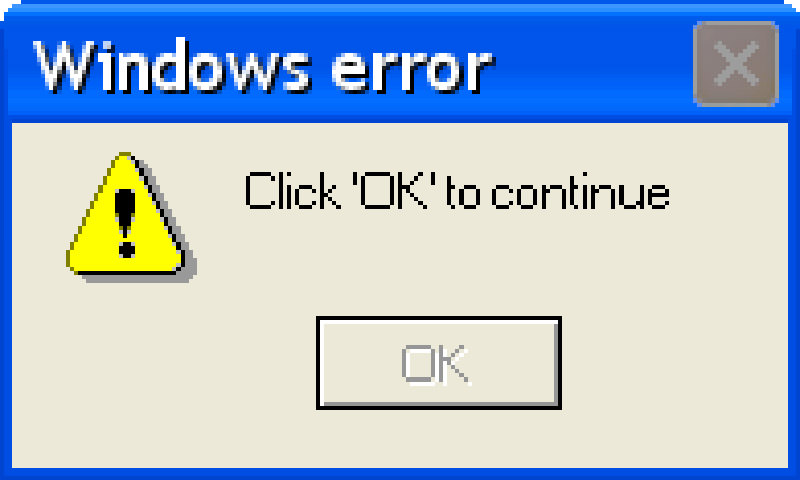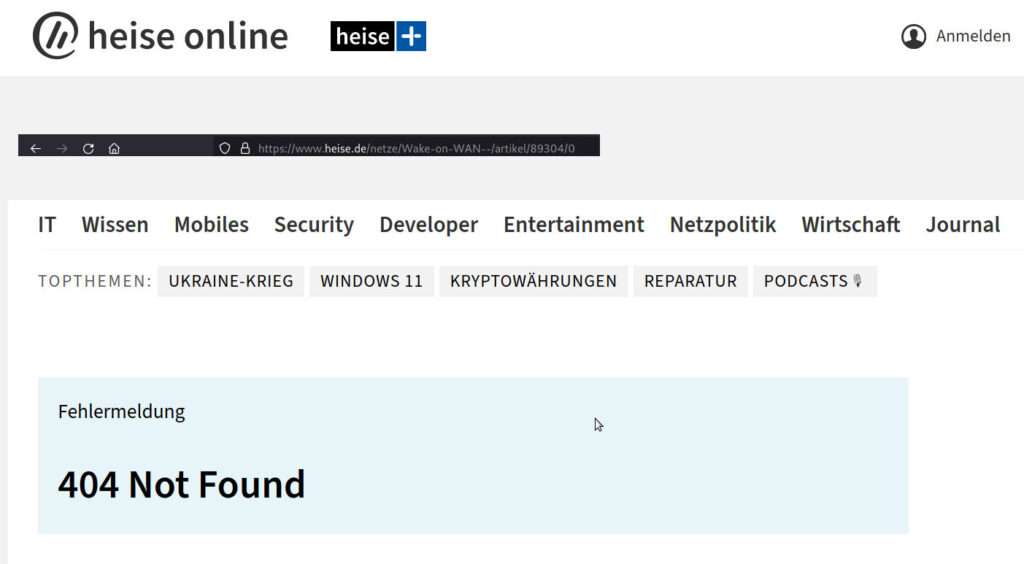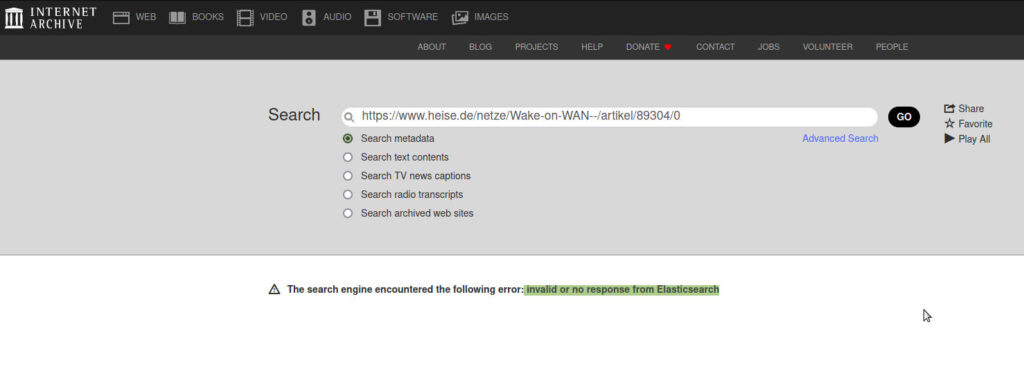My Dearest Edelman Trust Barometer Task Force and Web Team:
A friend brought my attention to the Edelman Trust Barometer report, by way of an Axios reference.
Unfortunately, the article failed to link the report directly, though a quick Web search brought up the 2019 report at:
https://www.edelman.com/trust-barometer
Further exploration determined that the 2020 report is found at
https://www.edelman.com/trustbarometer
I quickly noted the innovative and space-efficient versioning method of removing a hyphen.
This thought was rapidly followed by the realisation that such a techique WILL NOT BE AVAILABLE in future releases of the report, and may require some further innovation.
I offer my services freely in addressing this urgent and deadline-critical need.
Comparing the years "twenty nineteen" and "twenty twenty", we note the finial 'y' which is found in "hyphern". Which seems to explain the governing rationale.
Next comparing "twenty twenty" and "twenty twenty-one", we note that the letter 'n' appears three times, as an outlier from earlier notations. A doubled 'n' ("nn") resembles an "m", so I suggest the 2021 URL:
https://www.edelman.com/trustbaroeter
As we move onwards, into the future, to "twenty twenty-two", the prevalence of the letter "t" has become unmistacable, and strongly suggests the next versioning variant: drop the 't's:
https://www.edelman.com/rusbaroeer
Now, I'll admit that "twenty twenty-three " presents several options, all obvious, and none particularly recommending itself, though the poetry of the doubled 'ee' sequence, along with the numerous other 'e's, could make the following an option, though I'd recommend forming a working group to discuss the impact and market reception:
https://www.edelman.com/rusbaror
With "twenty twenty-four", we have the highly distinctive 'r', an easy choice, and patriotic to boot!
https://www.edelman.com/usbao
For "twenty twenty-five", the solution may at first appear confusing, but is clearly:
https://www.edelman.com/usao
This should suffice to provide a set of distinctive URLs for the next five years, which in the best central-planning tradition should be adequate for now.
Or, you know, you could just add in the year:
https://www.edelman.com/trustbarometer-2020
Sent from ProtonMail mobile
#edelman #versioning #urls #ThisIsSatire #ButYesIReallyDidEmailThem





